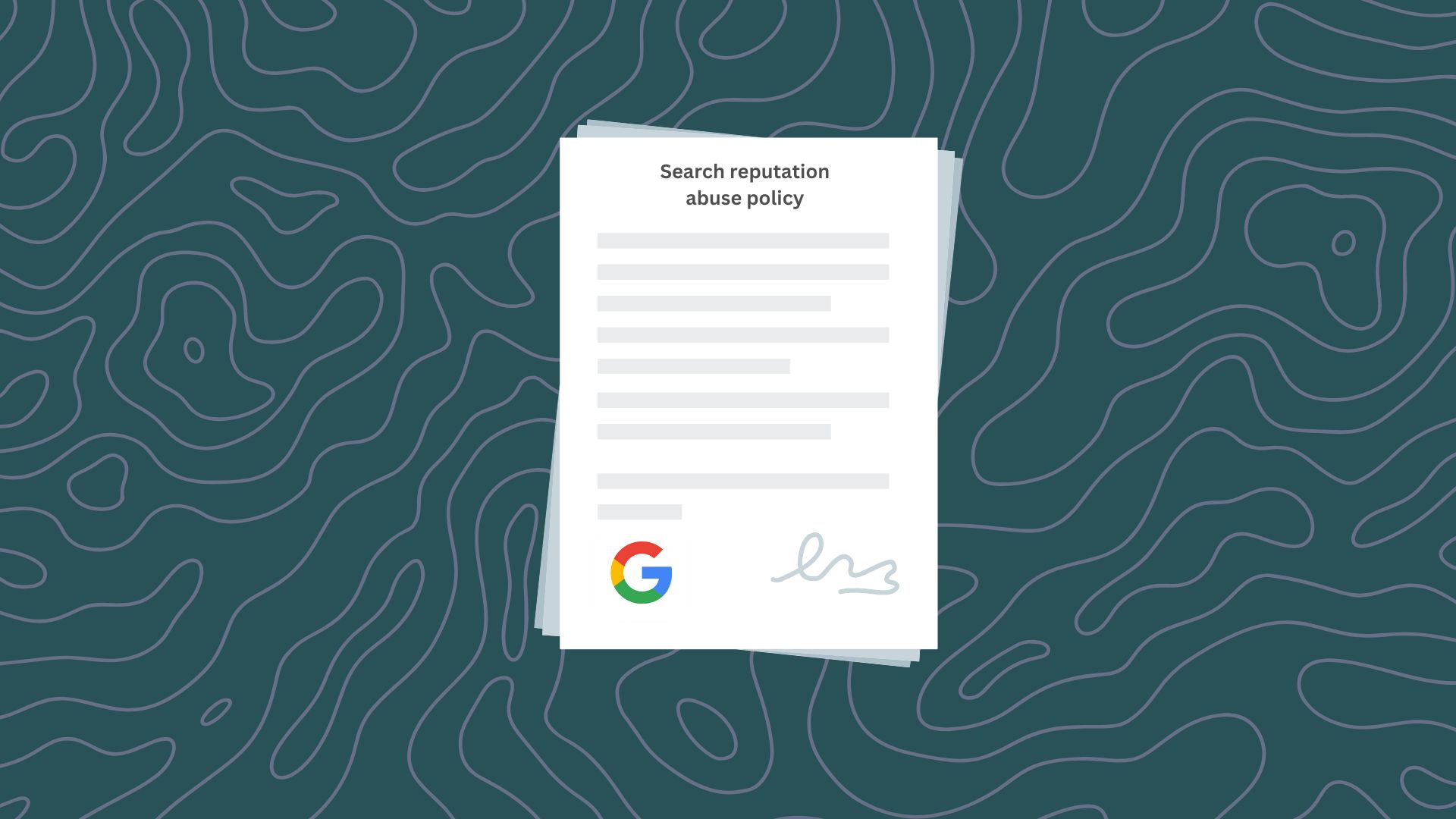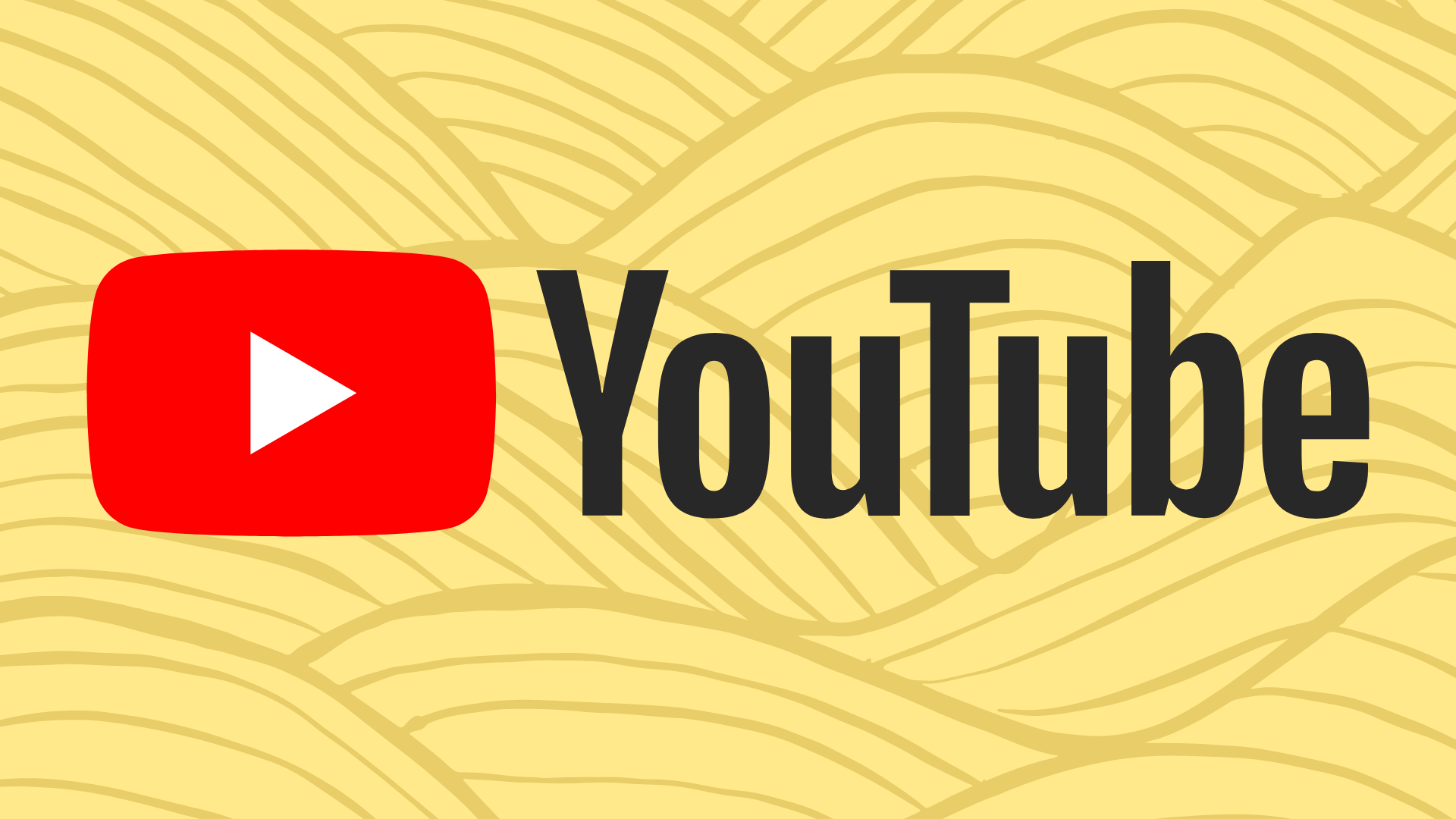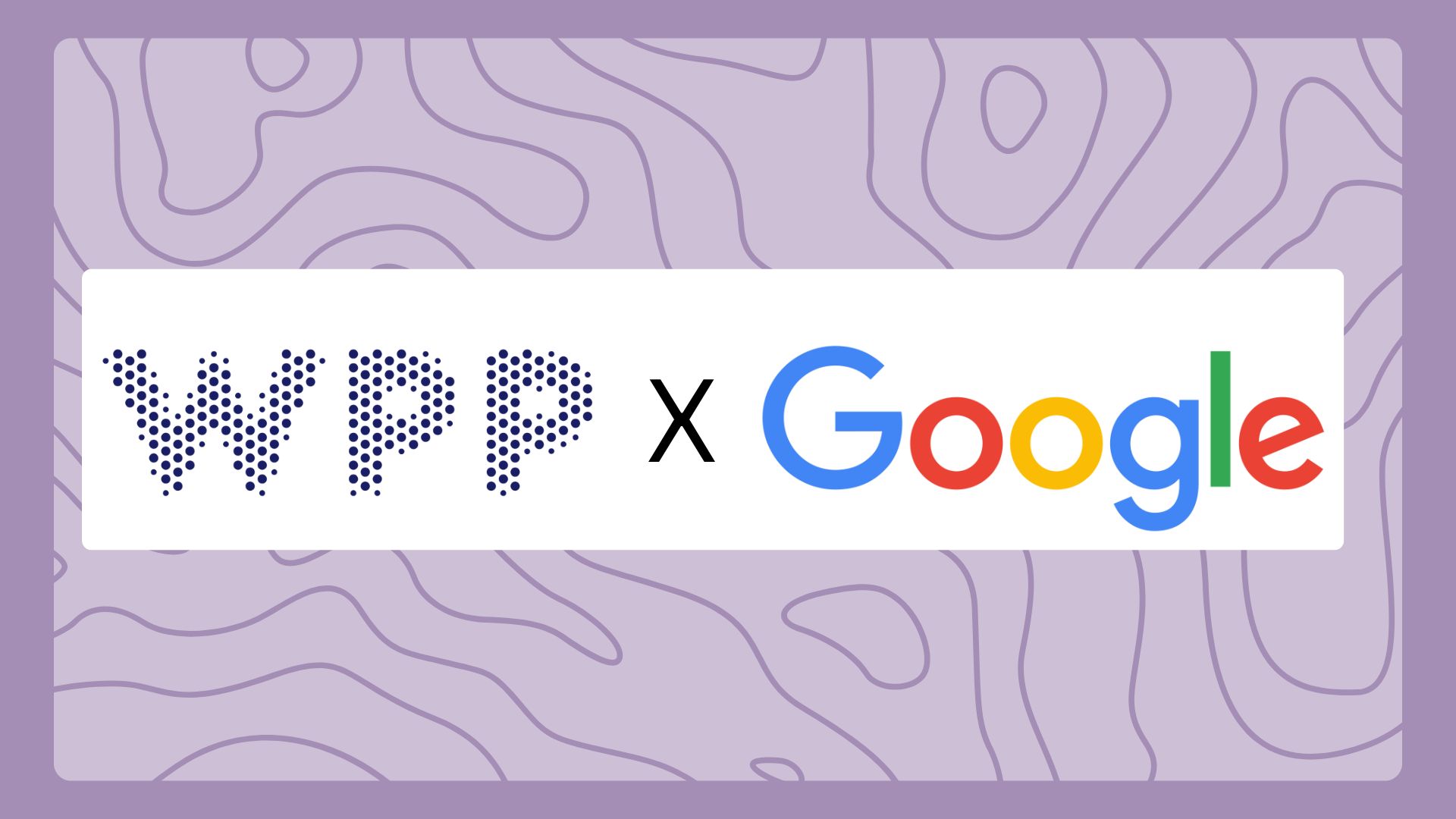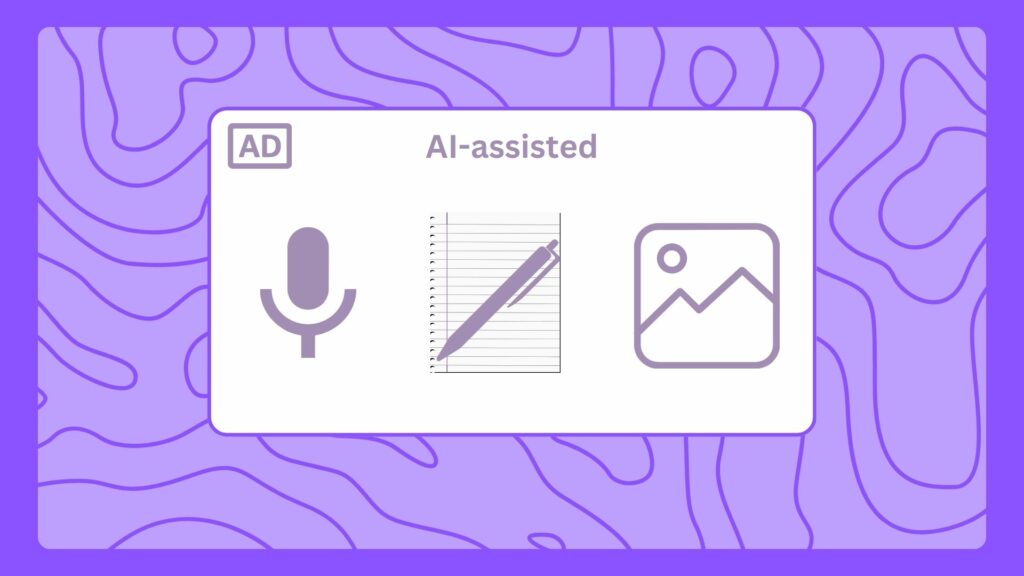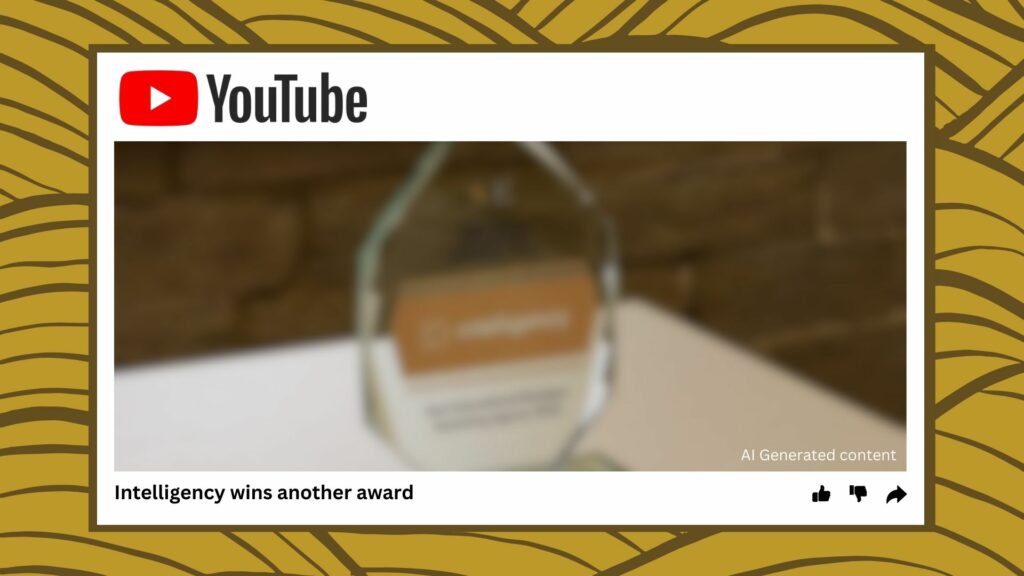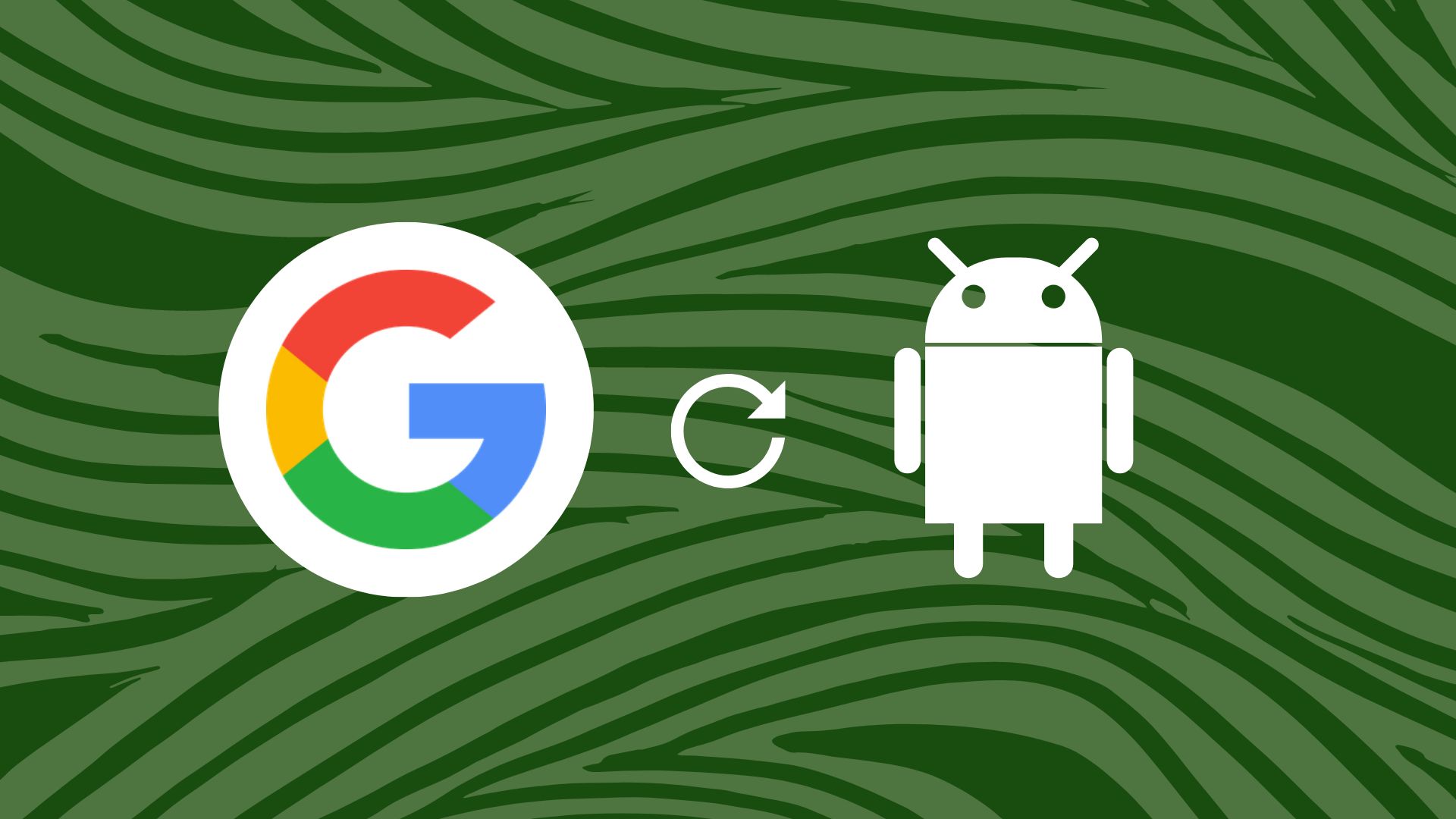
AI capabilities introduced into Oracle AI to support companies boost sales
May 17, 2024 Posted by Liam Walsh Round-Up 0 thoughts on “AI capabilities introduced into Oracle AI to support companies boost sales”Oracle has introduced a new artificial intelligence feature within the Oracle Fusion Cloud Customer Experience. These capabilities were unveiled in a bid to help sellers, service agents and naturally marketers improve deal cycles.
What are these new AI features?
The aim of these new additions is to generate sales quicker by reducing the workload on sales representatives and allowing them to focus on more urgent and important tasks. These new AI capabilities include:
- Gen AI-Assisted Answer Generation – this will enable service agents to decrease the amount of work they have to do. This is done by automatically creating bespoke responses to any customer questions. This will improve the customer experience as well with shorter waiting times.
- Opportunity Identification – This will allow marketers and sales teams to generate further B2B sales and allow them to increase account revenue. It will do this by identifying potential targets in order to create more effective cross-selling and upselling.
- Seller Engagement Recommendations – This feature will enable brands to leverage demographics and audiences by analyzing the data and then providing recommendations about certain products, how users and buyers engage and if there are any suitable contact points.
- Gen AI Assisted Authoring for Marketing and Sales – Content creation can be very time-consuming for marketers and therefore the AI will be able to create content that will be attractive and engaging and therefore contribute positively to sales cycles.
What has Oracle said about this?
The Vice President of Product Strategy Katrina Gosek has claimed that these new capabilities will play a huge part in revolutionizing UX, reducing the workload on departments from customer service to sales whilst also bolstering profits. Additionally, the Research VP, IDC, Aly Pinder had expressed her excitement about the fact that the Oracle Service updates a ‘good examples of how AI and machine learning models can improve customer experiences and create the efficiencies’.
If you have any questions about Oracle & AI, and how it can help and support your brand please get in touch with us and we’d be happy to answer any questions!

